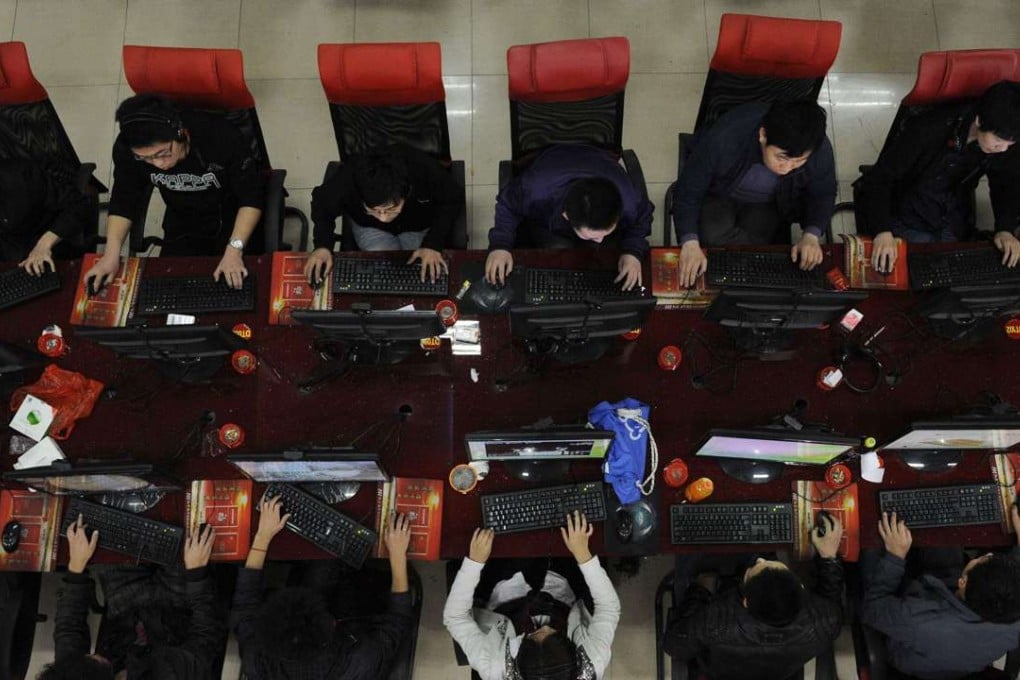China tries to ease fears over impact of VPN crackdown
Ministry tells foreign firms latest measures won’t affect companies that have approval to circumvent ‘Great Firewall’

Beijing has tried to play down concerns over the impact of its crackdown on unauthorised
virtual private network (VPN) services, which help mainland internet users bypass government censorship.
In a statement posted on Tuesday night, the Ministry of Industry and Information Technology said the crackdown would not affect multinationals that had obtained governmental approval to use cables or other means of cross-border connectivity.
The crackdown, set to run until the end of March 2018, was aimed at companies and individuals renting cables or VPNs without regulatory approval, it said.
The ministry did not specify how Beijing would deal with VPN service providers based outside of China.